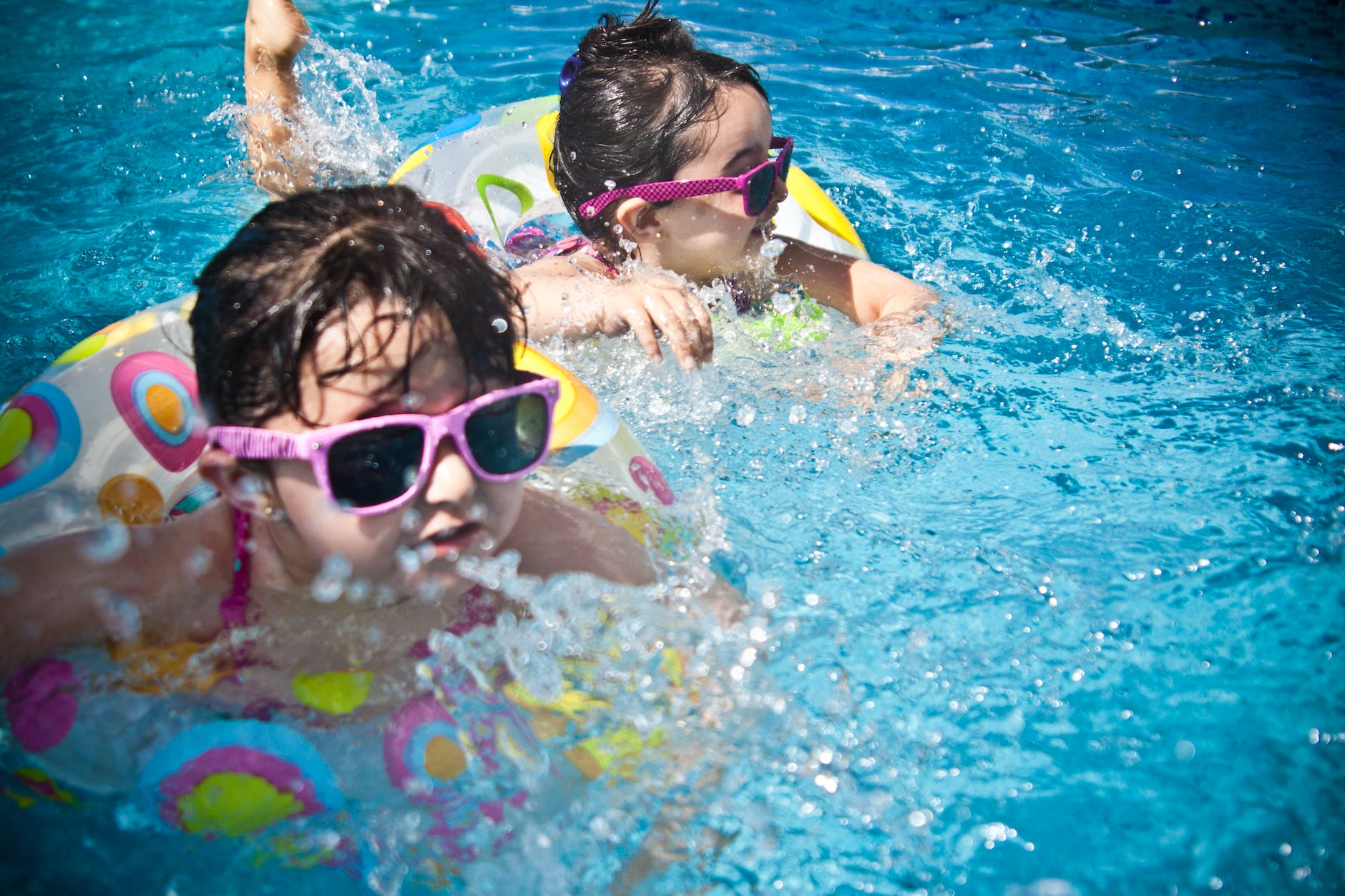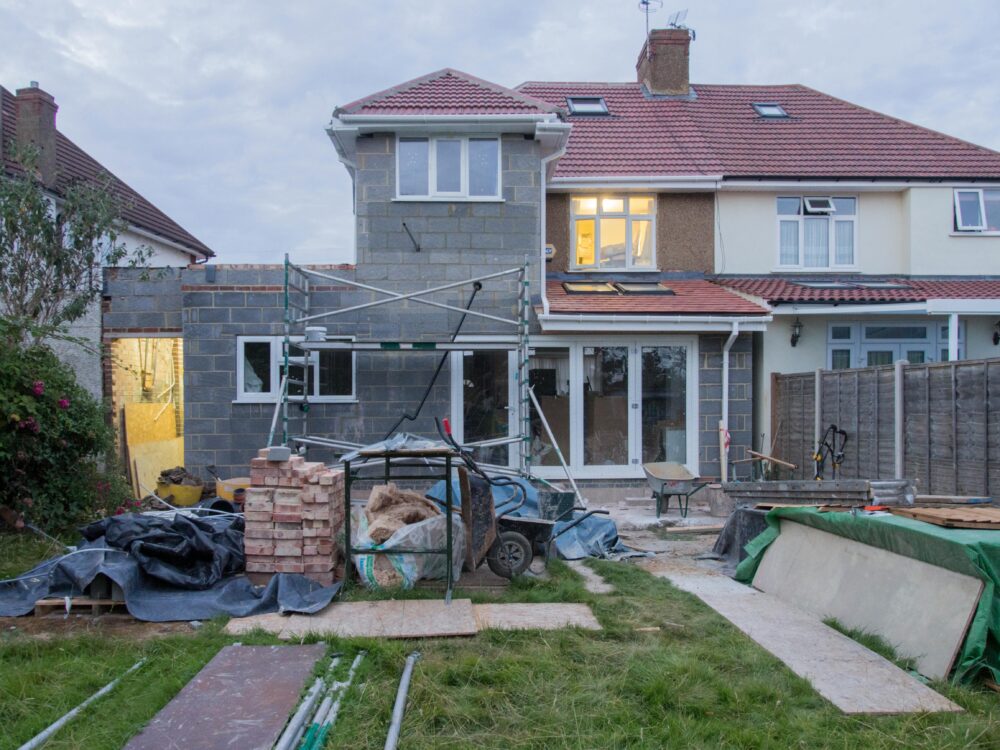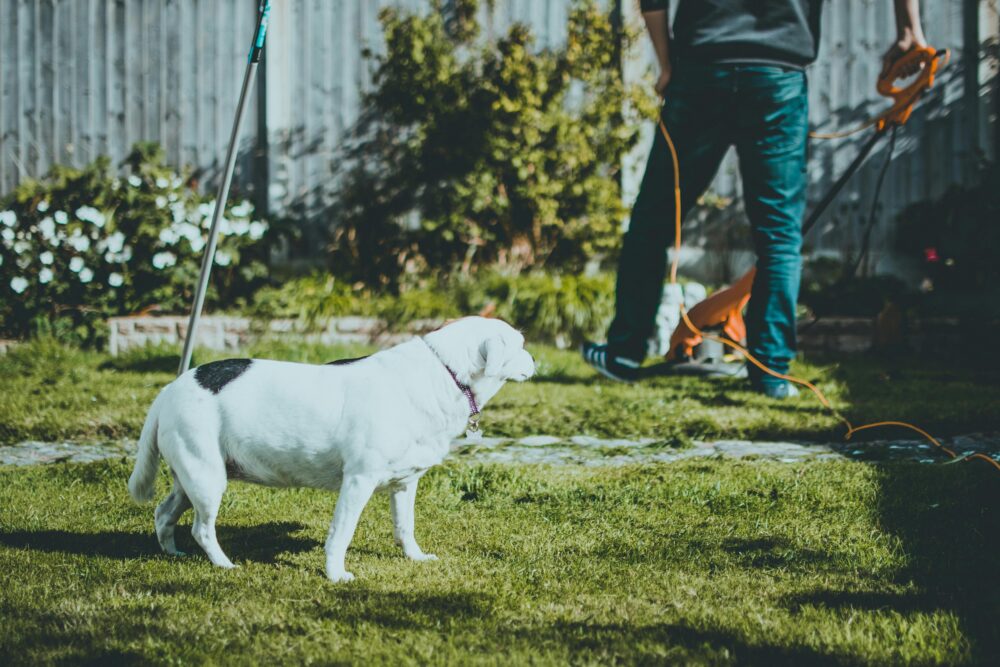
Photo by Juan Salamanca on <a href="https://www.pexels.com/photo/2-girl-s-swimming-during-daytime-61129/" rel="nofollow">Pexels.com</a>
Did you know that 350 children under 5 years old drown in pools each year nationwide, mostly in backyard pools? That is why pool safety is paramount if you own or planning to construct a home pool. The grim stats do not rule out the many benefits of owning a home pool – kids love them, and they are a great way to escape the heat, have fun, avoid boredom, and get a little exercise. You wouldn’t have anything to worry about if you put the right safety measures in place. So, if you have a backyard home pool, here are effective ways to make it safer for your kids.
- Install anti-slip features around the pool
Having anti-slip features around a pool area can reduce the risk of slips, trips, and falls. This can be especially important around the pool deck, where water can make the surface slippery. Anti-slip features can include textured surface materials, such as rough-textured tile or non-slip paint, and can be applied to the deck, steps, and other areas around the pool. You can also incorporate these features into pool accessories, such as pool ladders, handrails, and diving boards. While at it, you can use solutions like Rubacrete surfacing to make the areas around your pool non-slip and safe to walk on, so keep this in mind.
- Teach children how to swim
Teaching your kids how to swim can help them to stay safe in and around the pool. This way, even if they slip and fall into the water, they can easily maneuver their bodies and swim safely. According to the American Association of Pediatrics, a child as young as a year old can start taking swimming lessons. Some swimming schools offer lessons for children as young as six months old. And such children learn quickly and effortlessly.
- Install a fence or barrier around the pool area
A fence or barrier around a pool area can limit access to the pool area. That will help to prevent children from wandering into the place unsupervised. And even in the presence of adults, a pool fence can ensure that your little one does not accidentally fall into the pool when you’re not looking. They can also provide a physical barrier to prevent animals or debris from entering the pool area. Plus, some states have laws mandating pool fencing and installing barriers around backyard pools, so keep this in mind. Keep your family safe and hire a reputable company to conduct pool inspections, such as Pool Barrier Checks Melbourne, or search for pool fencing companies in your local area.
- Use pool covers
A pool cover can make your pool area safer by providing an additional barrier to prevent access to the pool when it is not in use. And this can prevent children or non-swimmers from accidentally falling into the pool and deter any child who may want to enter the pool area without permission. A pool cover can also help to reduce the risk of drowning by providing a physical barrier that can support the weight of a child who may fall onto it. Some pool covers can also be equipped with safety locks to ensure they are securely fastened, so feel free to purchase these options.
- Leverage pool alarms
These alarms will sound if a child falls into the pool and can alert adults to potential dangers. And this can be especially useful for preventing accidental drownings. Moreover, you can place a pool alarm on the surrounding fence or the gate. Some pool alarms use motion sensors to detect movement in or near the water, which will trigger the alarm. Other options are designed to detect changes in water pressure, such as when someone or something falls into the pool. Some pool alarms can also be integrated with a home security system, allowing remote monitoring and alerting you or emergency services when triggered. You can use your pool alarm in conjunction with other pool safety equipment, such as fences and pool covers, to increase the overall safety of the pool area.
- Have adult supervision
You need to always ensure an adult can supervise children in or around the pool. You can also set clear rules for children in the pool and ensure they understand and follow them. Some simple poolside rules can include things like no running, no diving, and no horseplay.
It’s also not a bad idea to always have emergency life-saving equipment beside the pool, so feel free to consider this.
Having a pool can be beneficial for your kids, but it’s not without its detriments. Fortunately, you can ensure safety by following the right tips. Hopefully, you’ll leverage those listed above for the best results.


